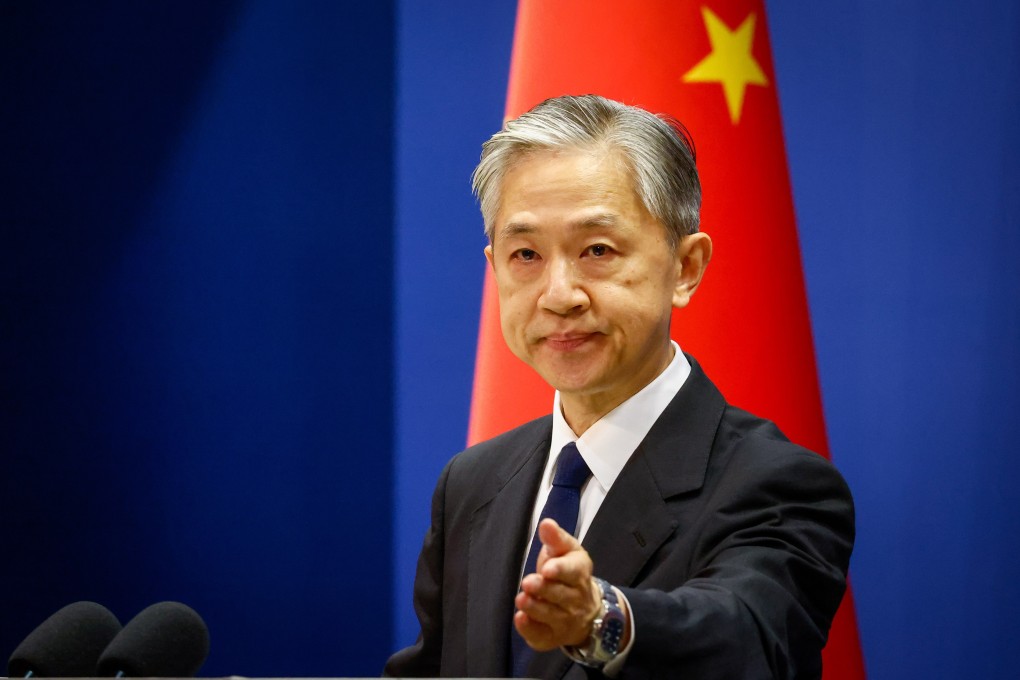China, India visa dispute threatens to sideline last journalists in each country
- Beijing claims Chinese reporters face ‘discriminatory treatment’, calls on New Delhi to remove ‘unreasonable’ visa restrictions
- Relations between the countries have deteriorated since deadly border clash in 2020

According to reports, the last of four Indian reporters permanently-based in China had been denied a visa and was asked by Chinese authorities to leave the country by the end of this month. It came after India took the same action against two Chinese journalists based there.
“One is still working and living in China,” Chinese foreign ministry spokesman Wang Wenbin said, when asked about the fate of the last Indian journalists in China. He did not comment on the visa status of the reporter, or the prospect of a visa renewal.
Wang slammed what he called India’s “discriminatory” and “unfair” treatment against Chinese journalists in India, citing an account in an article written by Hu Xiaoming, state news agency Xinhua’s former bureau chief in New Delhi, who said he was asked to leave India earlier this year because he was based there “too long”.